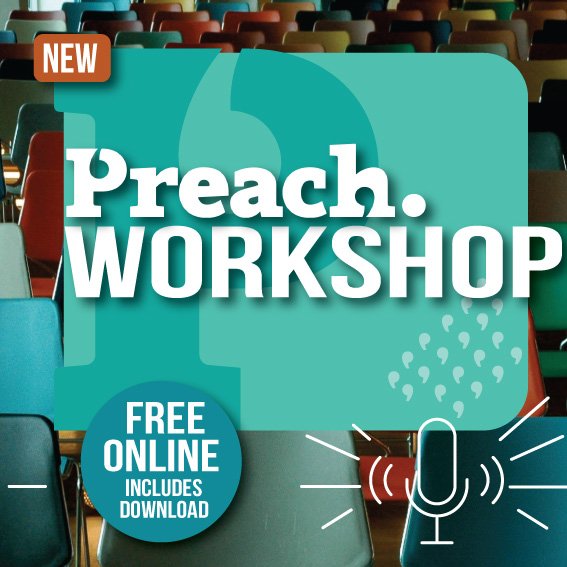Defiance in the face of Terror
/What’s the story?
Two major terrorist incidents rocked the UK within the space of two weeks, yet the response of the British people and international community has been remarkable.
What’s happening?
Britain has been on high alert for a major terrorist attack for some time, so when a suicide bomber detonated a device at the Manchester Arena on 22nd May, the response was shock rather than surprise. Twenty-three people, many of them children and teenagers, were killed when radicalised islamist Salman Ramadan Abedi attacked a concert by the US singer Ariana Grande. A further 119 people were injured.
Then, just two weeks later on the evening of Saturday 3rd June, a second major attack hit the UK. Three men drove a van into pedestrians on London Bridge – the latest incident in a worrying trend of using vehicles as terrorist weapons – before disembarking to attack people in nearby Borough Market with knives. Seven people were killed, with another 48 injured, before the three assailants were shot dead by police. They had been wearing fake suicide vests.
Both events have provoked a somewhat remarkable response from the public. Instead of being intimidated, the citizens of Manchester and London have taken the opportunity to show solidarity. Huge vigils were held in Manchester and elsewhere in the country after the first attack; London returned to normal so quickly that people have been documented returning to the area the next day to pay their unpaid restaurant bills [and I write this, less than 48 hours after the second attack, from a packed London coffee shop].
Many commentators have noted how the response to the attacks, rather than fear or intimidation, has been characterised by resilient defiance. Two weeks after the Manchester attack on her concert, Grande returned with a host of global music icons to headline the One Love Manchester concert – an emotionally-charged night of musical celebration which created a huge sense of local and national unity. And despite rumours of their disruption in the wake of the second attack, major sporting events and the looming General election were still given the go-ahead. Despite the best efforts of the attackers, British life continues, and perhaps the country is even a little stronger as a result of their horrific actions.
What have others been saying?
Coptic Christian leader Bishop Angaelos gave a mournful reflection on the attack in Manchester (and those elsewhere) in which he said the most important reaction is one of love. That theme was then unpacked by Johnny Patterson on Christian Today, who wrote that ‘love strengthened by faith provides hope.’
Katie Stock wrote on the Premier Christianity site that ‘the helpers are the heroes’ after the attack on London, which took place on the eve of Pentecost.
Hugh Muir in the Guardian wrote that the terrorists are attacking ‘joy’ – and pleaded that we must not let them rob us of who we are.
Connections
#1 – HATING WHAT IS EVIL
Paul writes in Romans 12 that we should not just “cling to what is good”, but actually “hate what is evil.” This is not a passive verse, although perhaps we often read it that way. Paul is saying that we should actively pursue the defeat of darkness, and that the best way of doing this is by walking in and practicing the light. The subsequent verses outline how we might do that: through mutual submission, and by devoting ourselves to love, joy, hope and prayer. So many of these attributes were displayed in the light of the two terror attacks – Christians can point to these ‘Kingdom values’ as a roadmap to a better way of living.
#2 – FEAR
In 1 John 4, the author writes that “perfect love casts out fear.” This verse was evident in the Manchester concert – and was actually quoted by Mumford and Sons vocalist Marcus Mumford during his set. As difficult as it may seem in such dangerous times, Jesus himself directly commands us not to worry (Matthew 6: 25-34), and instead offers us this path of love. Remarkably in the wake of two major terrorist incidents, Britain seems inclined to follow it, rather than become consumed and intimidated by fear.
Points for prayer
- Pray for those who have lost loves ones in these two attacks.
- Pray for the injured and their families, that they will recover well both physically and mentally.
- Pray for those connected to the perpetrators, and those who might plot similar attacks, that they would be disillusioned and repentant.
- Pray for the police and security forces, that they would be protected, and be enabled to disarm any subsequent plots.
- Pray for the media, that they would report responsibly, and not stir up hatred, especially against a specific people group or religion
Author Bio
Martin Saunders
Martin Saunders is Youthscape’s Deputy Chief Executive. A former editor of Youthwork magazine and the founding Editor of sister-title Childrenswork, Martin is a popular speaker and the author of various books including ‘Youth Work From Scratch’. He lives in Reigate, Surrey with his wife Jo and their four children.







